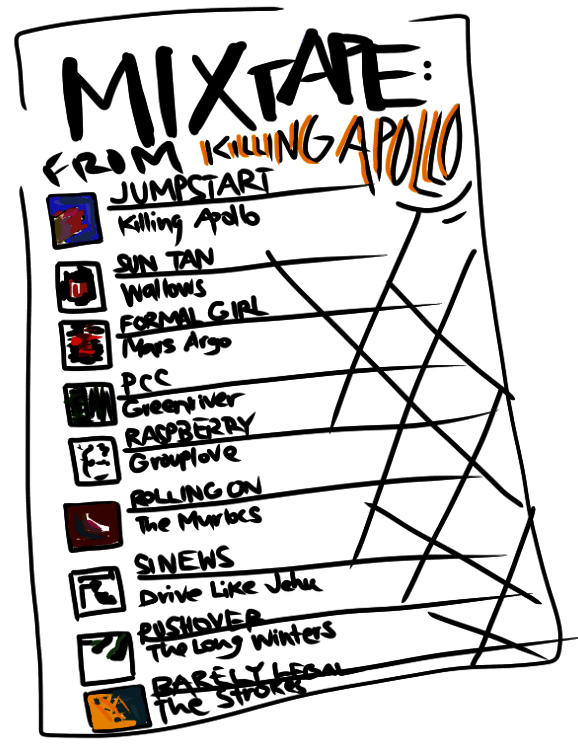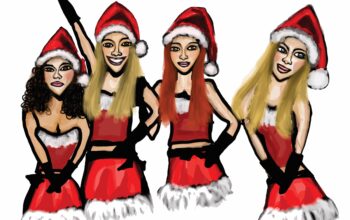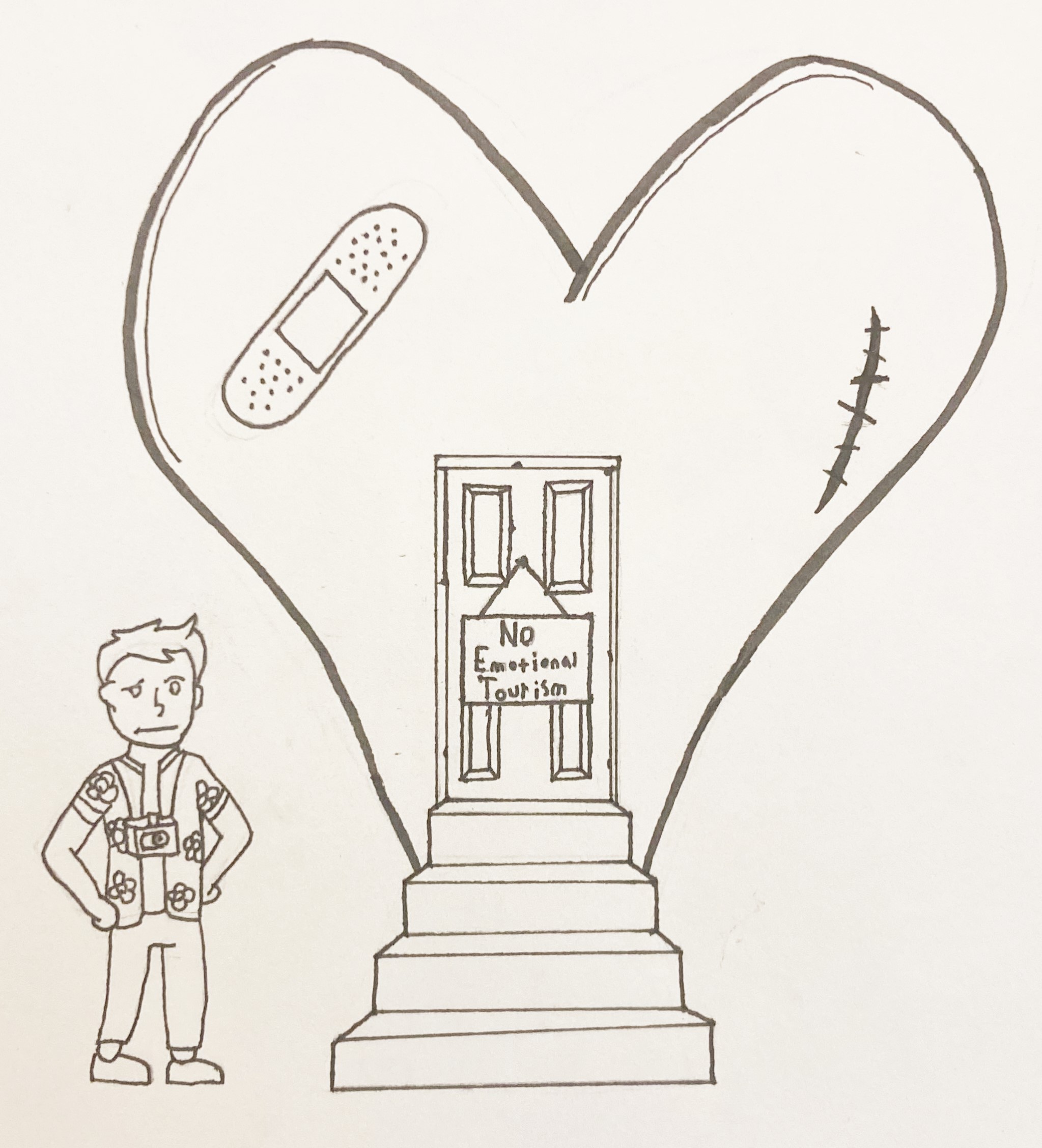
Thirty years ago, Seattle was the grunge capital of the world, putting out famous bands such as Nirvana, Mudhoney, Soundgarden, and Pearl Jam, among others. Since the grunge era, Sub Pop, a local record label, has been the propelling force behind many Seattle artists. For nearly thirty years the label has championed the work of independent and local artists from Seattle to across the world. This year, they opened their latest retail location in the heart of South Lake Union in downtown Seattle.
Sub Pop CEO Megan Jasper says, “We’re constantly listening to music, sharing music with each other, talking about what’s happening … some things work, some things click, some things don’t, sometimes opportunities that you didn’t even see present themselves. But that’s also the thing that makes it really fun.” Regarding their current operations in Seattle, Jasper says that she is “looking forward to an era of new music creators,” and that “Seattle’s local music scene remains to thrive and innovate.”
Among institutions supporting the scene is the University of Washington-based radio station, KEXP, which works to promote local and popular artists through its programming and live studio space. Jasper says, “If you get played on [KEXP] it can be huge. That changes careers for bands.” DJ and local musician Eva Walker hosts a KEXP local music show called Audioasis, every first Saturday of the month from 6-9 PM. The show broadcasts to hundreds of thousands of people in KEXP’s global listenership.
As a musician, Walker plays in the rock band called The Black Tones, along with her twin brother, Cedric Walker. Their music “evokes Southern influences in the grey of the Northwest,” Walker says.
In a musically rich city like Seattle, not only do local bands thrive but so do young high school musicians, like at Roosevelt. In an era where anyone with enough will and a Soundcloud account can become an at-home success story, Roosevelt musicians offer their own voice and sound.
Killing Apollo, an indie-rock band made up of four high school juniors, one of whom attends Roosevelt, has started their entire band during the pandemic. In the basement of one band member’s house, the band creates and records their own music.
The band is composed of bassist Mia Rush from Roosevelt, singer and drummer Oscar Warnersmith from Puget Sound Community School, guitarist Phoebe Setter from Vashon Island High School, and Bodhi Zick who does Running Start at Bellevue Community College.
The band’s influences include Pixies, the Strokes, Car Seat Headrest, and rapper Noname, whose dense lyrical style inspires Rush.
The band’s first single, “Jumpstart” is available across all streaming services. For the band, this is just the beginning. When asked about the future of the band and the melodic rock sound of the band’s first single, Zick says they are excited to “have more stuff coming that might be classified differently,” including an EP with a likely release this summer, as well as other collections of songs on the way.
Another of-the-moment Roosevelt artist to catch is musician Jakob Wilson. By his senior year, Wilson had already produced two full-length albums. When he turns 18, he intends to start his own label. By this summer, he’s working to put out an intricately pieced together music video and plans for another album are on the way.
He describes his music as “very pop” but with something of a dance element with depth and layered melodies.
Inspiration for his music comes from many places, from music to pop culture to fashion. Wilson notes Billy Porter, Ariana Grande, Beyoncé, and Bruno Mars.
When asked what they have in common, Wilson says, “I feel like all the people have stepped outside the gender norms, they’ve stepped outside the poster picture of what people are just told.”
For musicians, both students and non-students, surviving in this tumultuous industry is not easy. Walker finds that the main advantage to being a local musician in Seattle is the tight-knit community of the bands and industry. Jasper agrees, saying, “Some cities…have a strong ecosystem for music and they’re almost always just referred to as music cities…They’re smaller…And I think it’s easier to collaborate with people here.” When asked if she’d consider Seattle among the top music cities, she says, “absolutely.”
On advice for new musicians, Jasper says, “if you want to make music or art and you feel so passionate about doing that, do it. And don’t let anyone tell you that it’s not going to work out … if you love making art, keep doing it.”



